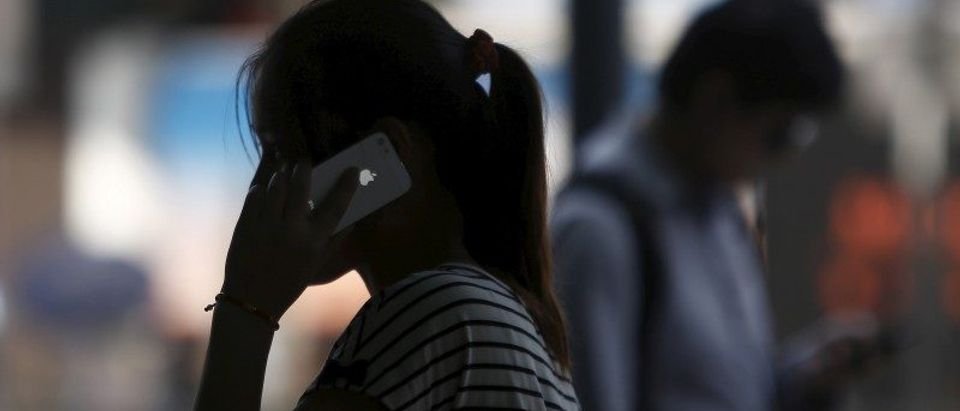The latest bad news in consumer taxes is suitably framed against a backdrop of by terrorist and hacker disruptions and by disappointments from automobile recalls, excessive drug prices and the chronic bickering over how to increase income taxes.
During 2016, governments decided again to impose higher taxes on our innocent and productive uses of wireless mobile services. Just this week, the Tax Foundation reports that taxes and fees on wireless consumers jumped to a record high at 18.6% of the average U.S. customer’s monthly bill, meaning the typical 4-handset household is pays $225 per year in taxes, fees and government surcharges.
Government increases in tax are seldom a surprise, but the way mobile wireless taxes are inflated shows callous disregard for the welfare of citizens. Sure, government needs income to pay for the endless array of programs it tells us we need, but it almost always fails the pro-consumer test when it hikes taxes on mobile wireless service.
Its tax hikes commit a “quadfecta” of economic sins against the consumer. They warp consumers’ purchasing decisions, suppress demand, fall heaviest on poor consumers and impede infrastructure investment. None of these helps consumers and all errors could have been avoided or minimized.
According the foundation’s newly released report, wireless taxes are regularly hiked and they include: “$7.0 billion in sales taxes and other non-discriminatory broad-based consumption taxes; $5.1 billion in federal Universal Service Fund (FUSF) surcharges; $2.5 billion in 911 fees; $2.6 billion in other discriminatory state and local taxes, fees, and surcharges.” Of those, only the Universal Service Fund “surcharges” are imposed by federal government. The other taxes are imposed by state and local government on intrastate services, not on interstate or Internet service.
When state or local governments set wireless taxes at levels above the state or municipal customary sales tax rate, these taxes warp consumer spending decisions. Indeed, consumers notice tax increases and act accordingly. For each 1% increase in wireless tax, consumers reduce their wireless purchases by 1.2%. Today many consumers have “cut the landline cord” and chosen wireless Internet and voice services partly due to the productivity they deliver and partly because landlines come with heavy handed taxes that are imbedded into landline prices. As a result, the suppression in demand caused by higher mobile taxes is more likely to affect younger adults and minority consumers, as well as the poor.
The factor least acknowledged by government is the productivity benefit from wireless service use. The Bureau of Labor Statistics reports that “Industries that were major producers, sellers, or users of IT equipment were among the industries with the fastest productivity growth between 2000 and 2010.” State and local jurisdictions prize employers who offer high productivity jobs because the associated high pay can be the cornerstone for a healthy local economy. Good wireless coverage and high speed service are essential for many employers to achieve high productivity. Why would government erect an impediment to attracting those employers?
A record thirteen states plus the Commonwealth of Puerto Rico now charge consumers more than 20% taxes on their wireless services, according to the Foundation’s report. Chicago tops the city list with wireless customers seeing a 36% tax on their services. Why do we tax what we should encourage?
Excessive taxes may not entirely prevent wireless infrastructure investment, but excess taxes will tend to delay upgrades in areas with punitive taxes. The early stages of 5th generation wireless deployment would be a bad time for a state to consign itself for upgrades – at the back of the queue.
We understand that government needs income to operate and that it must come from somewhere, but we don’t understand why government choses to tax wireless service in ways that are excessively high and remarkably unhelpful to the jurisdiction and its consumers. With wireless taxes now nearly two and a half times higher than state and local sales taxes, it’s time for a little wireless consumer tax relief.
Consumers deserve better when it comes to staying connected.
Alan Daley writes for The American Consumer Institute, a nonprofit educational and research organization. For more information, visit www.theamericanconsumer.org.


